Formal democracies retain their constitutions and their laws, their elections and their public hearings – all part of the panoply of modern democracies. They fail, however, to actually listen to the suffering of the people, writes Vijay Prashad.
By Vijay Prashad
Tricontinental: Institute for Social Research
 Stencilled in red on the walls of Santiago, Chile, is a statement of fact: “your privileges are not universal” (tus privilegios no son universales).
Stencilled in red on the walls of Santiago, Chile, is a statement of fact: “your privileges are not universal” (tus privilegios no son universales).
This is a factual declaration because the privileges of power and property are not shared across the gaping class divide. Consider the fact that before the pandemic struck last year, over 3 billion people —or half the world’s population — had no access to health care. This data appears in a 2017 World Health Organization (WHO) report that tracks important matters such as access to basic household sanitation (lacked by 2.3 billion people) and medical care for uncontrolled hypertension (suffered by 1 billion people).
An Oxfam report from Jan. 25 called “The Inequality Virus” points out that “the pandemic could cause the biggest increase in inequality since records began, as it precipitates a simultaneous and substantial rise across many countries.”
Before the pandemic, the World Bank calculated that about 2 billion people “remain in poverty, that is, living below the standards their own societies have set for a dignified life.” Because of the pandemic-triggered jobs crisis, it is likely — the United Nations notes — that half a billion more people will sink into poverty by the end of the decade; World Bank numbers concur.
“And with the pandemic,” write the World Bank analysts, “the newly poor are more likely to live in congested urban settings and to work in the sectors most affected by lockdowns and mobility restrictions; many are engaged in informal services and not reached by existing social safety nets.” These are the billions who will slide deeper into debt and despair, with education and healthcare slipping away from them as hunger rates rise.
Nothing of what is written above is an exaggeration. All of it comes from researchers and analysts at mainstream organizations such as the World Health Organization and the World Bank, neither of which is known to inflate the ill-effects of capitalist policy.
If anything, these organizations have a tendency to minimize the perils of privatization and corporate-based policies, urging on further cuts to public systems. During the tenure of Gro Harlem Brundtland at the helm of the WHO (1998-2003), the organization encouraged the creation of Private-Public Partnerships (PPPs) and Product Development Partnerships (PDPs). The WHO’s emphasis on the private sector — alongside pressure from the International Monetary Fund to cut public sector funding — accelerated the hemorrhaging of public health systems in many of the poorer countries.
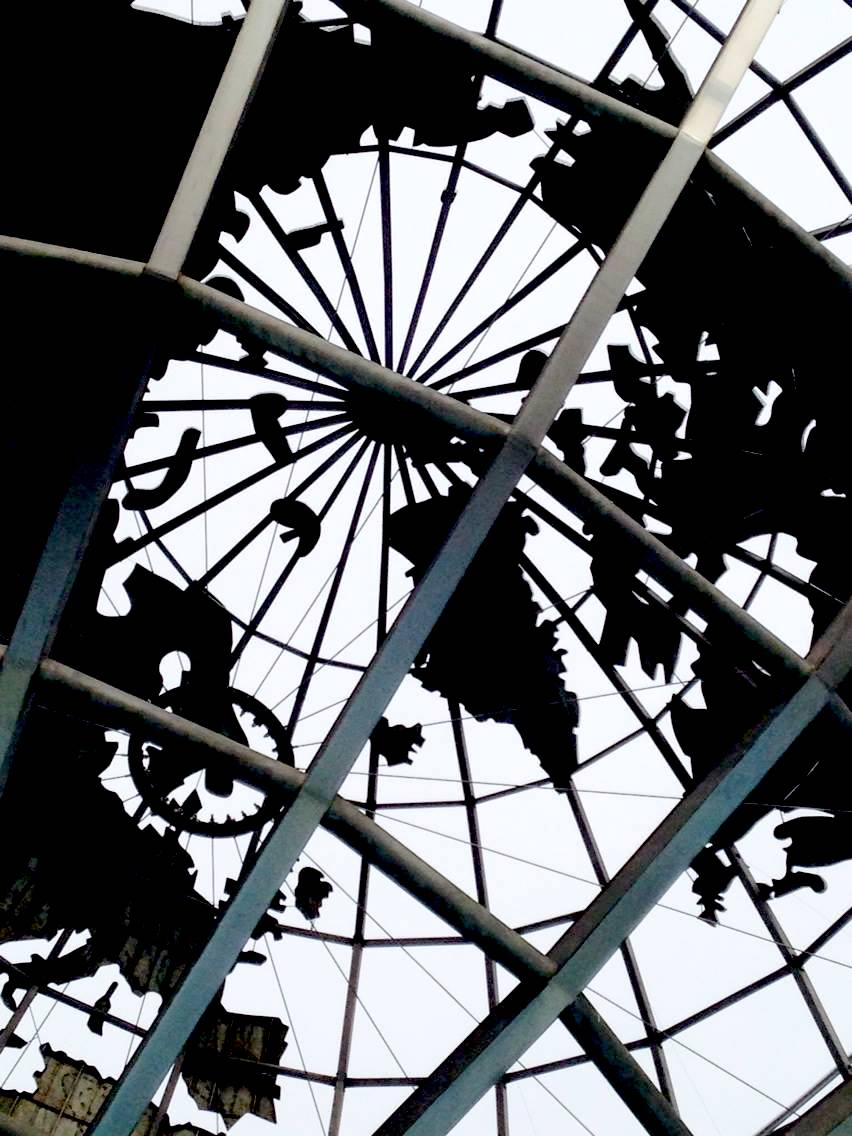
The Unisphere in New York City. (Joe Lauria)
When the WHO should have led the fight to deepen public health systems and to create regional and national pharmaceutical production systems, the agency produced PPP platforms such as the underfunded Global Alliance for Vaccines and Immunizations (GAVI). Along with other agencies, GAVI is now spluttering forward to provide Covid-19 vaccines to low-income countries. The people who produced global austerity, a desert of possibilities, only now recognize the perils of the inequality virus.
To be anxious about inequality is insufficient. A range of possible, common-sense reforms are being demanded by people’s organizations across the world, which include:
- Free Universal Healthcare This has been achieved in poorer countries like Costa Rica and Thailand as well as in socialist states and should, therefore, be the objective of every country on the planet.
- A People’s Vaccine Momentum toward the availability of a people’s vaccine is growing, which should include not only open access to all patents for the Covid-19 vaccine but also the creation of pharmaceutical production facilities in the low-income states and in the public sector.
These two basic measures could be easily financed by the money now exported to service odious debts. But such logical solutions that would provide immediate relief to people are set aside. Despite the strong words about the problems posed by austerity, more austerity will be demanded, and more social disorder will be produced.
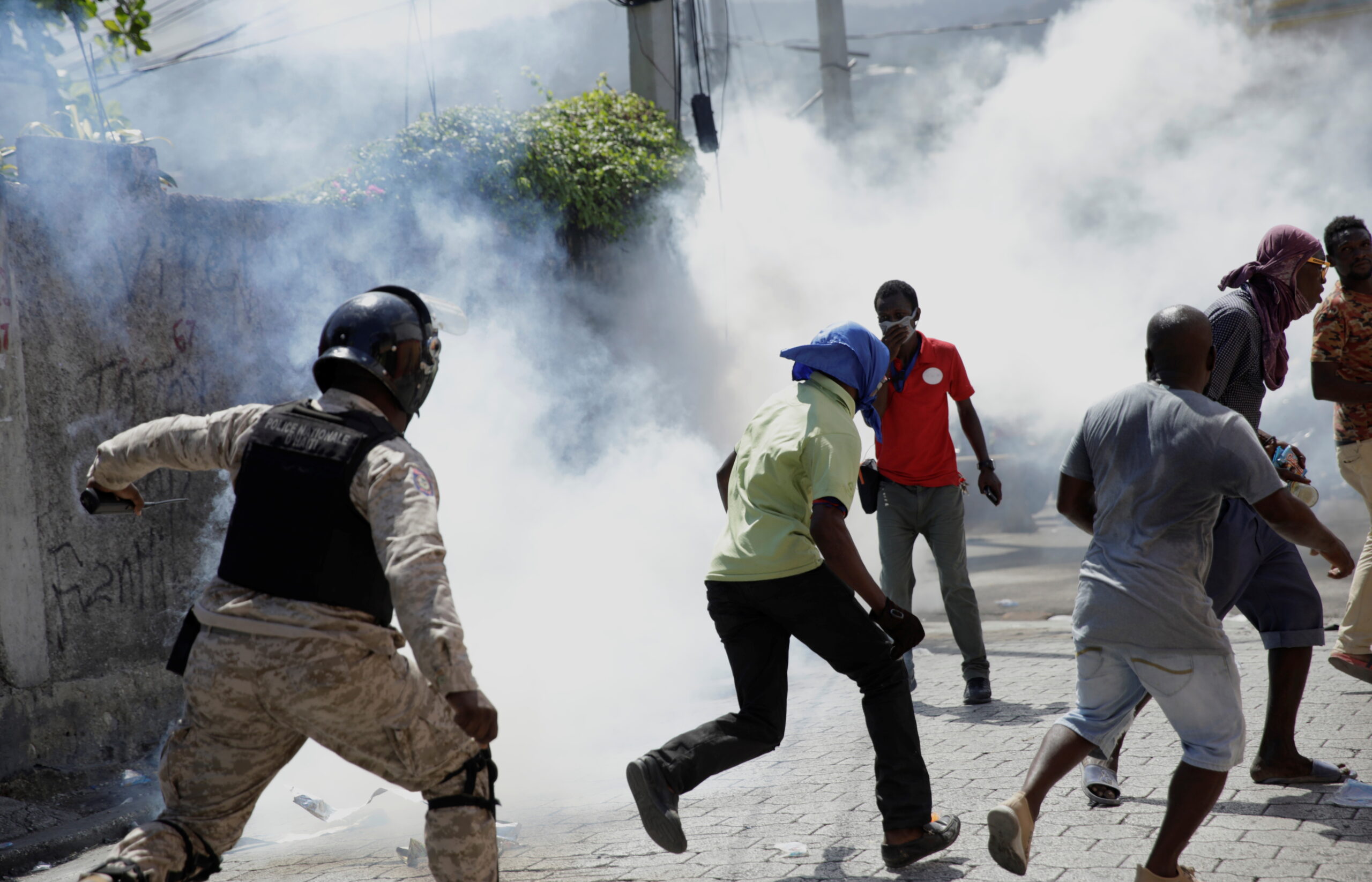
Haitian police officer pursues demonstrators amid tear gassing, Nov. 20, 2020. (Al Jazeera, CC BY-SA 4.0, Wikimedia Commons)
Rather than focus attention on the actual problems that face the planet’s people and acknowledge the democratic demands coming from people’s organizations and manifestations, government after government has taken refuge in undemocratic behavior.
For example, the farmers and agricultural workers in India continue their months-long protest against three anti-farmer laws pushed through by the extreme right Indian government. The government of Prime Minister Narendra Modi knows that its commitment to big capital — personified in the wealthy Adani and Ambani families — prevents it from any serious negotiation with the farmers and agricultural workers. Instead, the government has tried to portray the farmers and agricultural workers as terrorists and as anti-national.
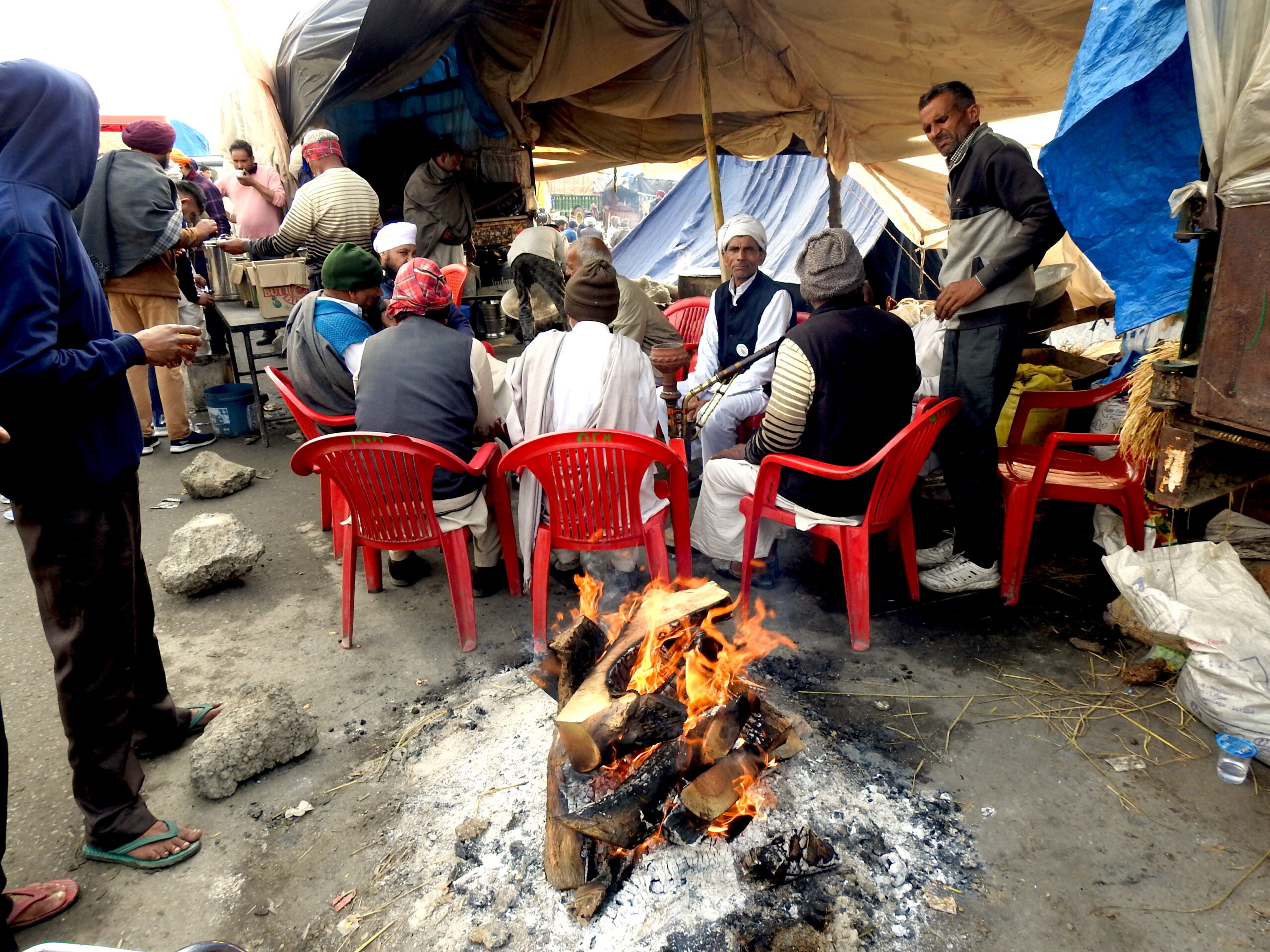
Indian farmers’ protest at the Singhu border, Delhi, Jan. 6. (Harvinder Chandigarh, CC BY-SA 4.0, Wikimedia Commons)
When this did not work, the government went after reporters and media houses that amplified the farmers’ struggle. Many who have reported on, participated in, or shown solidarity with protestors have been arrested — such as in the cases of journalist Mandeep Punia, worker rights activist Nodeep Kaur and activist Disha Ravi, who created and shared a toolkit to support the farmers.
Finally, in an act of lawfare, the government conducted a 113-hour raid against NewsClick, one of the key media houses to cover the protests; accusations of money-laundering tried to sully the name of NewsClick, which has earned the trust of millions of readers and viewers with its frontline reporting that lifted up the sentiments and demands of the agriculturalists.
Meanwhile, India’s Ministry of Education released an order on Jan. 15 that required any online conference or webinar that might discuss India’s “internal matters” and those that receive foreign sponsorship to seek prior government approval.
Similarly, the French government started a process to investigate academic research that promotes “Islamo-leftist” ideas and thereby, according to the Minister of Higher Education, “corrupts society.” In the name of Order, freedom of speech is easily set aside and the fragility of the formal nature of democracy is exposed.
The attack on NewsClick, alongside the investigation of academics in France, reveals the yawning gap between democratic ideals and the practice of statecraft.
Despite the $364 billion prêt garanti par l’État (PGE) program to provide relief for the French population, there is a serious long-term problem of inequality and joblessness.
Rather than focus on this, the French government has whipped around to fight an illusionary adversary: Islamo-leftists. In the same way, faced with mass dislocation and social suffering deepened by the pandemic, the Indian government is prosecuting a war against farmers and media platforms that are sensitive to the issues raised by the farmers. Both these formal democracies retain their constitutions and their laws, their elections and their public hearings – all part of the panoply of modern democracies.
They fail, however, to actually listen to the suffering of the people, let alone the demands made by the people; they remain insensitive to the possibility of a more viable future for our societies.
During the period of the military dictatorship in Pakistan, the communist poet Habib Jalib sang:
—
Kahin gas ka dhuan hae kahin golian ki baarish
Shab-e-ehd-e-kum nigahi tujhay kis tarah sarahein
—
Teargas smoke is in the air, bullets are raining around.
How can I praise you, the night of the period of myopia?
—
Your privileges are not universal, since your privileges earn you — the few — the vast bulk of social wealth. When the people put forward our views, you fire teargas and bullets. You believe that your myopia will allow your night-time to last forever. We praise the hopes and struggles of the people, whose desire to advance history will cut through your repression.
Vijay Prashad, an Indian historian, journalist and commentator, is the executive director of Tricontinental: Institute for Social Research and the chief editor of Left Word Books.
This article is from Tricontinental: Institute for Social Research.
The views expressed are solely those of the author and may or may not reflect those of Consortium News.

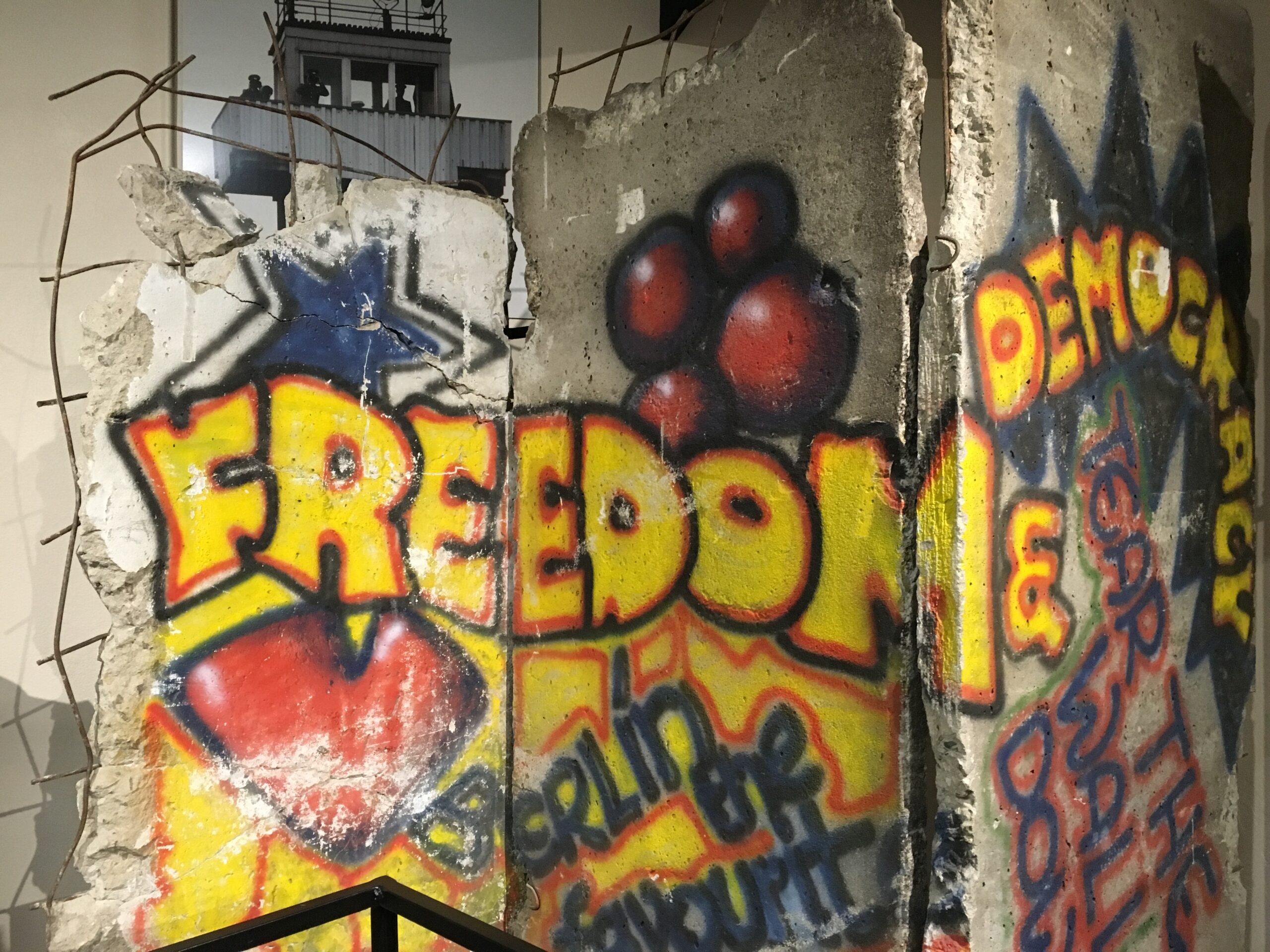
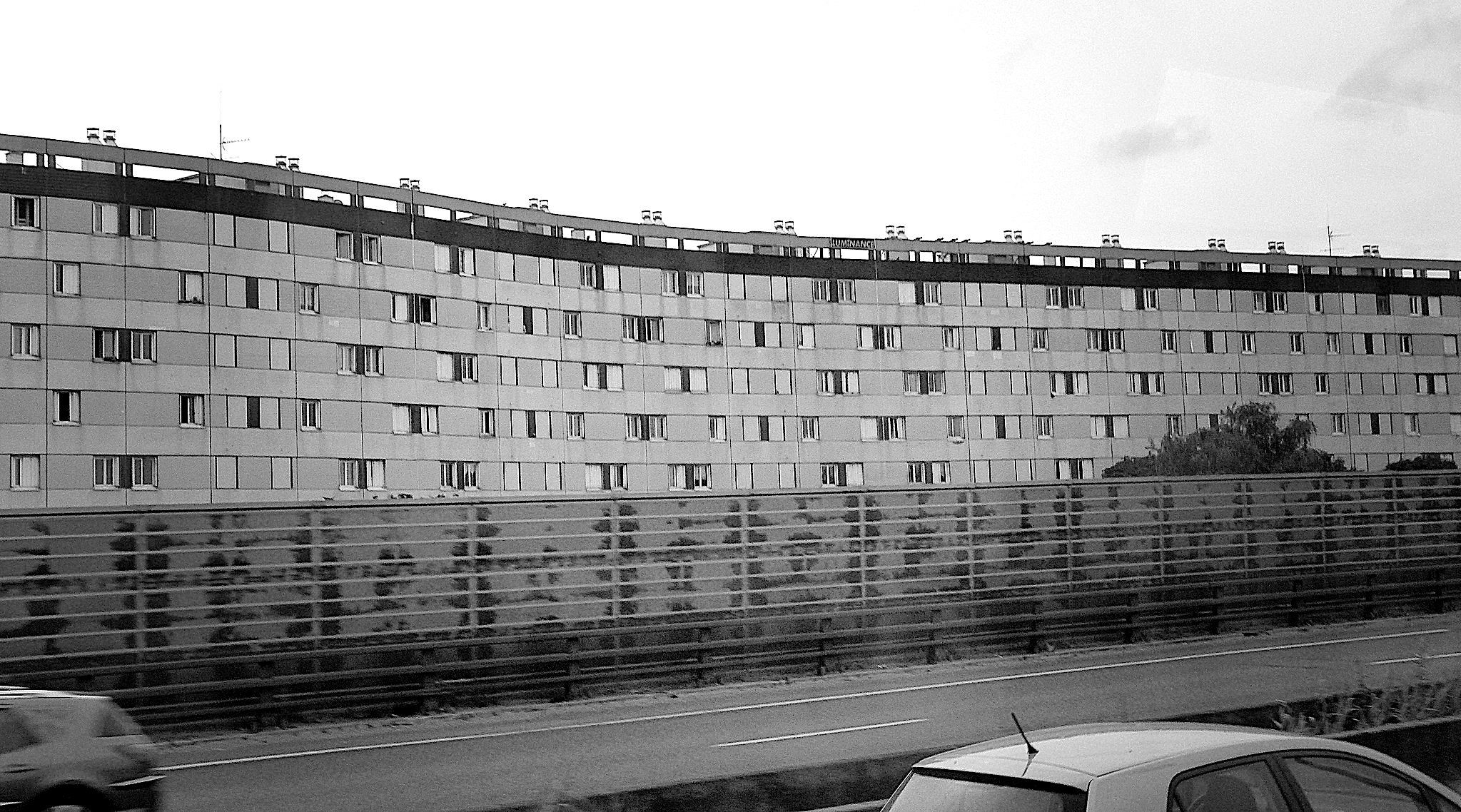


The huge problem is that what are seen to be democracies are very weak versions and the political system is used by those in power to prevent all their citizens from achieving equality and, worse, from having fundamental human rights.
Whether a political system is working or not will be seen in the outcomes for its citizens. Look at the outcomes for the US, said to be a democracy: huge disparity of incomes, the number of people in poverty, poor medical care for all, very high prison populations. This shows that the US democracy is weak – not the beacon for the rest of the world.
In Australia we have a pretty good democracy but some of the outcomes for its citizens are poor, such as the widening income disparity, relatively high poverty, poor public housing, poor treatment of the aged, etc. This means that we also are an imperfect democracy and the reasons for this are another story.
Excellent. I thank the author for his work and appreciate finding him here on CN.
I could not help thinking about the US as I read how India and France are replying to people’s movements – how all Western governments are reacting with force against the people’s will today. Here in the US it is currently being expressed through the Biden administration, which in 6 short weeks has already proved, predictably, that the ruling class has no intention of changing course. Even while the bitter truth and destructive consequences of their global neoliberal experiment are visible all around us.
There is but one struggle and therefore only one conversation worth having anymore – that of private profit vs. public good. All else is distraction.
US liberals care about poverty around the world. They just turned their backs on long-growing poverty in the US. 25 years ago, Democrats had brought their war on the (US) poor to fruition — after the US had already lost millions of jobs to “outsourcing” to foreign countries, etc. In 1996, as liberals saluted the anniversary of the UN’s UDHR, Democrats stripped the US poor of those very rights. We have been watching austerity slowly trickle-up ever since, and there are no indications that the remaining middle class figu8red this out.
Every calamity, every disaster exacerbates inequality. The reason is simple. Poor people have to borrow money to purchase property, but when disaster strikes they lose their income and ability to pay back the loans. This leads to foreclosures and repossessions in which their property is lost to the money lenders with no compensation. The repossessed property can then be re-sold or rented for substantial profit. Thus, the transfer of wealth from the poor to the rich.
Democrat, right? Out here in the real world, the poor don’t qualify for any sort of loans. I’m not aware of any loans for which low-wage workers qualify. In their arrogance, liberals just decided some years ago that those who are worse-off than minimum wage workers are no longer regarded as “people.” That’s why they’ve been excluded from the liberal economic/class discussion.
Nope, I’m not a democrat. I’m void of any affiliation to either organized American political party because they are essentially both one in the same. The democrats playing the roll of the republican party’s paid opposition.
I can feel your loathing for liberals though, it bleeds through. Most Americans, republican or democratic have little understanding of the term ” liberal”. It seems to back a lack of education or exposure to the rest of the world cultures.
Liberal is a word you may want to examine in the environs of a dictionary and forget the American politicians and American Main Stream Media’s constant misuse of the term.
“In their arrogance, liberals just decided some years ago that those who are worse-off than minimum wage workers are no longer regarded as “people. That’s why they’ve been excluded from the liberal econ0mic/class discussion.” This statement amounts to little more than hot air when compared to the hot forced air pronouncements of the last president known to consult a fortune teller.
I’m betting if the truth were known your age is less than fifty years. That said I’ll give you the benefit of the doubt and use this opportunity as “teachable moment”.
Based on your post of 3/01/2021 @ 17:54 you seem to see something significant about what happened 25 years ago which places us somewhere the middle of during BillY sick willy Clinton’s terms in office. A man who bowed to almost every republican wish. And who I would never deny had any compassion for the poor but Reagan did more damage to the poor, Clinton simply aided in increasing their numbers.
Do you remember Ronnie Ray-gun? Here is the face of the party who left the poor behind. Circa 1981. You must not take my work for this however, simply ask any Reagan lover or real liberal. Or you can check the history of Americas poor from Reagan on. Any way you cut Nixon started the war on the poor with wage and price freezes brought on by a bogus oil shortage. I know I watched bread go from 5 loaves of bread for a dollar to 2$ a loaf.
Facts don’t lie and vets never forget!
Thanks CN
World Bank numbers on poverty are not to be trusted. They massage their statistics and reinterpret poverty all the time to paint a rosy picture for their isn’t-neoliberalism-great narrative. Jason Hickel has done some good work exposing and refuting their numbers.